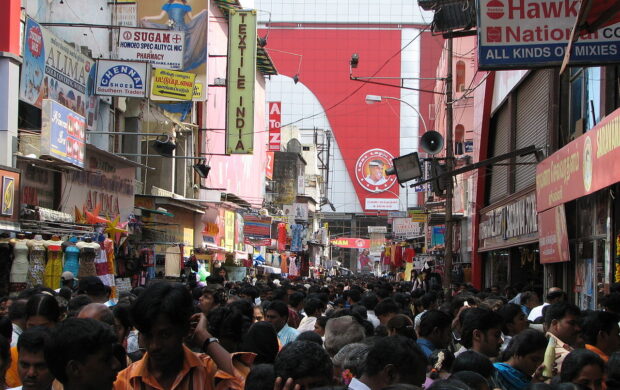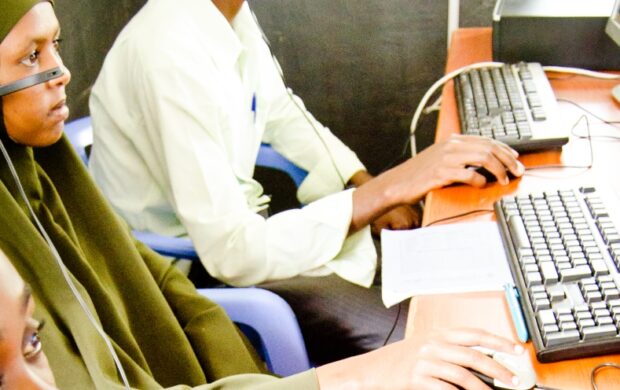Ugandans have been protesting what has been dubbed a “social media tax” introduced by their government.
Since the start of July, access to social media networks and dating sites has been blocked unless users pay a 200-shilling (£0.04) daily tax. Mobile internet users are required to input a code on their phones to prove payment of the charge before they are able to access sites. The tax amounts to about £1.20 a month in a country where nearly a quarter of the population lives on less than £1 a day. In practical terms, it ensures a significant proportion of the population will be unable to access social media platforms.
Ugandan President Yoweri Museveni, who has been in power since 1986, has justified the tax saying it will be a valuable means to generate government revenue and has dismissed social media as a platform for “idle gossip.” The scheme has met angry opposition from users, some of whom have turned to virtual private networks (VPNs) to evade the fee while others have joined sporadic street protests, which the Ugandan government has heavily clamped down on. Protesters see the tax as a means to silence dissent in a country with a dubious human rights record on freedom of expression and questionable democratic credentials.











